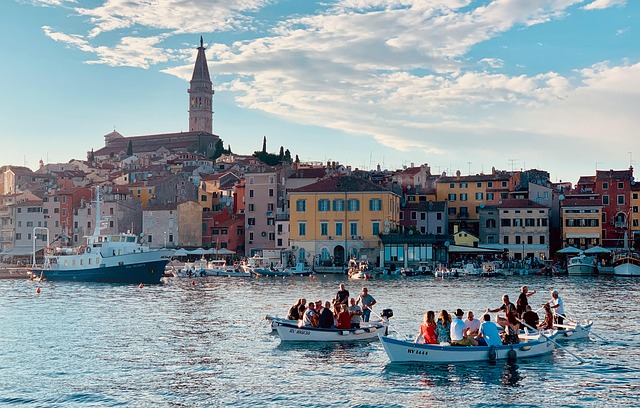
Croatia, a perennial favorite among tourists and a recipient of numerous accolades for its thriving tourism industry, is facing a significant challenge: a growing labor shortage that threatens to undermine its vital tourism sector. This sector, heavily reliant on seasonal workers, is struggling to meet its staffing needs, according to recent reports.
Ivana Mehle, Deputy Director of the Croatian Employment Service (CES), highlighted the severity of the issue, noting that in the first half of 2022, approximately 30,000 seasonal workers were needed to satisfy the market’s demands. While this number decreased to 21,000 in 2023, the persistent demand underscores the ongoing struggle to fill critical positions, particularly in the tourism industry.
The Croatian government recognizes the importance of foreign workers to the country’s economy. Interior Minister Davor Božinović has emphasized the government’s commitment to supporting these workers, stating, "Our economy needs them. Croatia relies more and more on their efforts and work in many sectors, from tourism and construction to service activities. They deserve the same safety and dignity as all of us."
Traditionally, Bosnia and Herzegovina has been a primary source of seasonal labor for Croatia. However, the country is increasingly looking towards more distant nations to fill the gaps. As Mehle pointed out, “More recently, however, those workers have been arriving more and more often from distant countries such as Nepal, India, Bangladesh, and the Philippines.” This shift is attributed to the liberalization of the Law on Foreigners, which has facilitated the influx of workers from these regions, providing a crucial lifeline to the tourism sector.
The hospitality and hotel industries are experiencing the most significant demand for seasonal workers, particularly in areas such as accommodation services and food preparation. Administrative and support activities, including car rental agencies, travel agencies, and facility maintenance, also require substantial staffing. The transport and warehousing sector follows closely behind.
The escalating demand is reflected in the record-breaking number of work permits issued by Croatian authorities. In 2024, the number reached 171,000, a 14 percent increase compared to 2023, according to local media reports.
The influx of foreign workers is proving essential to sustaining Croatia’s tourism boom, but it also raises questions about long-term labor strategies and the integration of a diverse workforce. As Croatia continues to attract tourists from around the globe, addressing these labor challenges will be crucial to ensuring the continued success of its tourism industry.
[Copyright (c) Global Economic Times. All Rights Reserved.]






























